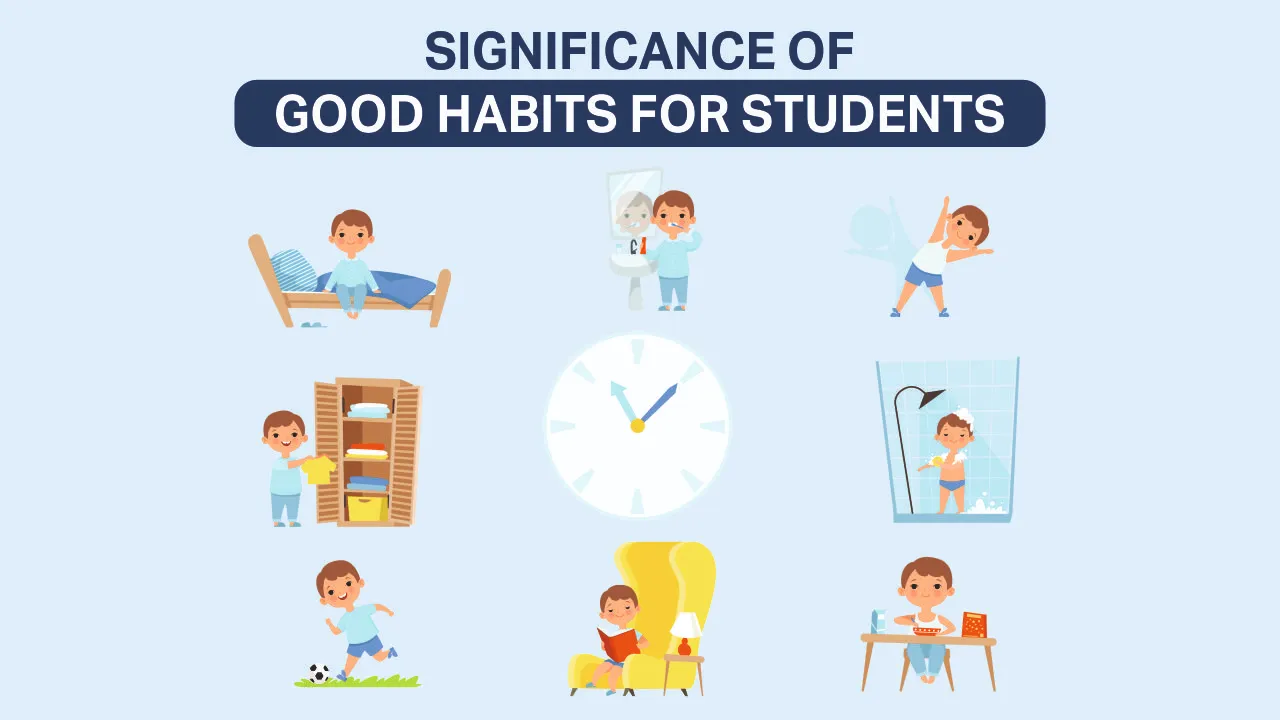Unlocking Success: Preparing for Psychometric Tests and Developing Good Student Habits

In today's competitive world, the journey toward a successful career often begins with a psychometric test. These assessments have become integral in evaluating an individual's aptitude, personality traits, and suitability for specific roles. However, the mere mention of a psychometric test can evoke a range of emotions from anxiety to excitement. But fear not, for with the right preparation and adopting good student habits, you can navigate these tests with confidence and unlock doors to your desired career path.
Understanding the Psychometric Test for Career Advancement
Before delving into preparation strategies, it's essential to grasp the essence of psychometric tests. These assessments are designed to measure various aspects of an individual's mental capabilities and behavioural style. From cognitive abilities and problem-solving skills to personality traits and emotional intelligence, psychometric tests offer employers valuable insights into a candidate's potential fit within their organisation.
There are different types of psychometric tests, including:
- Cognitive Ability Tests: These assess your reasoning, problem-solving, and critical thinking skills.
- Personality Questionnaires: These delve into your behavioural preferences, communication style, and interpersonal skills.
- Emotional Intelligence Tests: These evaluate your ability to perceive, understand, and manage emotions, both in yourself and others.
By understanding the specific type of test you'll be taking, you can tailor your preparation efforts effectively.
Preparing for Success: Strategies for Psychometric Tests
- Know What to Expect:
Familiarize yourself with the format and structure of the test. Practice tests are invaluable resources for getting accustomed to the types of questions you'll encounter and the time constraints you'll face.
- Sharpen Your Skills:
Work on enhancing your cognitive abilities by practising puzzles, brainteasers, and numerical reasoning exercises. Similarly, develop your verbal reasoning skills by reading extensively and engaging in discussions.
- Manage Stress:
Psychometric tests can be stressful, but maintaining a calm and composed demeanour is crucial. Practice relaxation techniques such as deep breathing and visualization to alleviate anxiety and boost confidence.
- Time Management:
Time is of the essence in psychometric tests. Learn to manage your time effectively during practice sessions to ensure you can complete each section within the allocated timeframe.
- Review and Reflect:
After each practice test, review your performance critically. Identify areas of strength and weakness, and focus your efforts on improving areas where you may need to improve.
- Seek Feedback:
Don't hesitate to seek feedback from mentors, teachers, or peers who have experience with psychometric tests. Their insights can offer valuable perspectives and help you fine-tune your approach.
Cultivating Good Student Habits for Lifelong Success
Beyond preparing for psychometric tests, cultivating good student habits lays the foundation for lifelong learning and career advancement. Here are some habits to adopt:
- Effective Time Management:
Manage your time wisely by creating a schedule or to-do list. Prioritize tasks based on urgency and importance, and allocate dedicated time slots for studying, relaxation, and extracurricular activities.
- Active Learning:
Engage actively with the material you're studying by asking questions, seeking clarification, and participating in discussions. Actively seeking to understand concepts rather than passively memorizing them fosters deeper comprehension and retention.
- Continuous Improvement:
Embrace a growth mindset and strive for continuous improvement. View challenges as opportunities for growth rather than obstacles, and be open to feedback and constructive criticism.
- Effective Study Techniques:
Experiment with different study techniques to find what works best for you. Whether it's summarizing notes, creating mind maps, or teaching concepts to others, discover methods that enhance your understanding and retention of information.
- Healthy Lifestyle Choices:
Prioritize your physical and mental well-being by maintaining a balanced diet, getting regular exercise, and ensuring an adequate amount of sleep. A healthy lifestyle supports cognitive function, mood regulation, and overall productivity.
- Persistence and Resilience:
Persevere in the face of challenges and setbacks. Developing resilience equips you with the strength to overcome obstacles and bounce back stronger than before.
Conclusion: Empowering Your Journey to Success
Preparing for psychometric tests and cultivating good student habits are two sides of the same coin on your journey to career success. By investing time and effort in honing your skills, managing your time effectively, and adopting a growth mindset, you not only enhance your performance in psychometric assessments but also lay the groundwork for a fulfilling and prosperous future.
Remember, success is not merely the outcome of innate talent but the result of consistent effort, perseverance, and a commitment to lifelong learning. So, embrace the challenge, embrace the opportunity, and embark on your journey with confidence and determination. Your future awaits, and with the right preparation and habits, you're destined to excel.
